Promoting the effectiveness of grassroots government
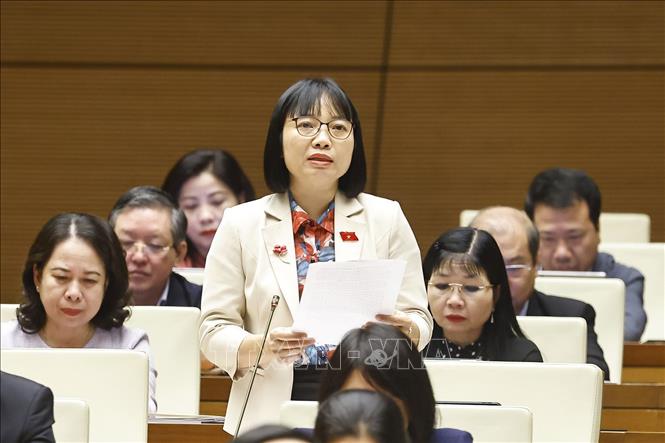
Commenting on the draft Law, delegate Nguyen Thi Viet Nga (Hai Phong) said that this draft has amended and supplemented many important contents such as simplifying procedures, strongly decentralizing, increasing post-inspection, and promoting digital transformation in the field of state management of construction.
Regarding the exemption of construction permits for some projects, delegate Nguyen Thi Viet Nga said that compared to the current Construction Law, the draft law stipulates the exemption of construction permits for some types of projects, in the direction of reducing "pre-inspection" and increasing "post-inspection" in the management of construction projects. This is a content consistent with the goal of reform, cutting down administrative procedures, reducing time and costs of performing administrative procedures for people and businesses.
However, according to the delegate, reality over the years has shown that illegal construction, encroachment on sidewalks, public land, construction beyond floors, change of function, etc. occur in many places. Many constructions are not detected early, only when the construction is nearly finished or completed are they discovered and handled.
Faced with such a situation, along with the context of implementing the two-level local government model, the team of construction specialists at the commune level is very thin, most of them holding part-time positions, not having enough force to carry out supervision and timely detect violations; in some localities there is still a lack of staff with in-depth expertise in construction. That leads to difficulties in carrying out inspection and supervision of construction works in practice.
"Therefore, in parallel with cutting down the "pre-inspection" stage and exempting construction permits for some construction works, it is necessary to supplement mechanisms to strengthen "post-inspection" to promptly detect and handle construction violations; clearly define the responsibilities of the People's Committee at the commune level in inspecting, detecting and handling violations of construction regulations right from the beginning; supplement sanctions to handle the responsibility of the head if he/she fails to detect or promptly handle violations of construction works; research and arrange forces to support construction management at the grassroots level... so that the "post-inspection" stage is truly timely and effective. Avoid the situation of opening a "post-inspection" mechanism but not having enough human resources to carry out the "post-inspection", delegate Nguyen Thi Viet Nga said.
Delegate Nguyen Tam Hung (Ho Chi Minh City) highly agreed with the need to amend the Construction Law to improve the construction investment management institution in the context of digital transformation, green economic development and the two-tier local government model. The draft has made remarkable adjustments in decentralization, technical standards and databases, but needs to be further improved to measure results, reduce procedural levels, enhance accountability and ensure national defense and security requirements for critical infrastructure.
The draft Law has assigned responsibility to the People's Committee at the commune level in managing construction investment activities and managing construction order according to decentralization. However, delegate Nguyen Tam Hung proposed to specify the mechanism of authorizing the People's Committee at the commune level to inspect the site, make records of violations, and temporarily suspend construction for individual housing projects and small-scale projects; receive and return results of some simple procedures according to the electronic one-stop mechanism, linked with the provincial level; and impose sanctions on the head if violations of construction order persist.
"This will shorten the management gap and promote the effectiveness of the role of grassroots authorities," said delegate Nguyen Tam Hung.
Abolish building permits
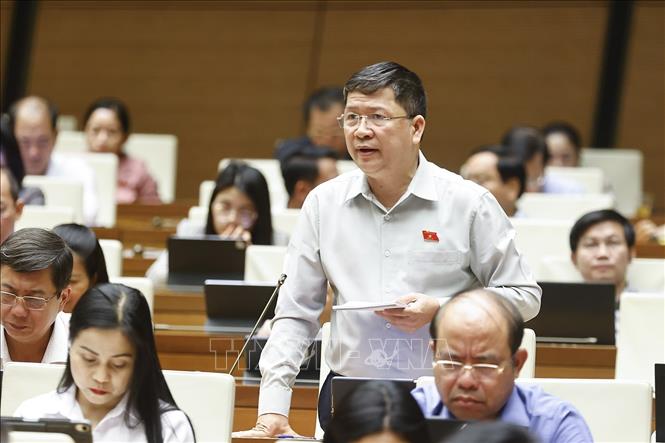
Commenting on the draft Law, delegate Ta Van Ha (Da Nang) pointed out that in reality, the construction time is short but the investment preparation time is very long, even 4-5 years, causing many difficulties and costs in many aspects. Therefore, it is necessary to thoroughly overcome the problem when amending the Construction Law.
Regarding the acceptance and quality control of large, important projects of the State and society, delegate Ta Van Ha said that this is a big question mark regarding the appraisal, acceptance and quality management of key projects; he suggested changing the mindset, not chasing after the quantity of projects.
Notably, delegate Ta Van Ha said that abolishing construction permits is “a step forward” and proposed to boldly expand the scope of abolishing permits to many subjects, increase pre-inspection, abolish licensing, but not abolish construction management. “We must boldly abolish construction permits. The question is, if we abolish licensing, will people build haphazardly? I think we should abolish licensing procedures but not abolish state management,” the delegate said.
According to the delegate, we have construction standards, red lines, density, height, setbacks..., all of which are transparent; along with post-inspection by the State. "If there are regulations, we need to strictly punish those who violate them," said delegate Ta Van Ha.
Concerned about the policy of developing new materials, delegate Pham Van Hoa (Dong Thap) assessed that the draft Law on Construction (amended) supplementing the State's policy on construction investment is an important policy to encourage domestic and foreign investors to develop new, recycled, green, lightweight materials, especially environmentally friendly materials.
Emphasizing the need to continue to encourage this policy, delegate Pham Van Hoa said that the State should have appropriate investment policies to support businesses in researching, producing and applying these materials in public and civil works.
Along with the incentive policy, the delegate suggested that for projects where the investor requires the use of lightweight materials and environmentally friendly materials, the design consultant must include these materials in the design plan. If it is not required, it will be difficult to implement in practice - delegate Pham Van Hoa stated.
Source: https://baotintuc.vn/thoi-su/can-co-che-tai-voi-nguoi-dung-dau-neu-de-xay-ra-vi-pham-trat-tu-xay-dung-keo-dai-20251114130820403.htm


![[Photo] Unique art of painting Tuong masks](https://vphoto.vietnam.vn/thumb/1200x675/vietnam/resource/IMAGE/2025/11/14/1763094089301_ndo_br_1-jpg.webp)



![[Photo] Unique architecture of the deepest metro station in France](https://vphoto.vietnam.vn/thumb/1200x675/vietnam/resource/IMAGE/2025/11/14/1763107592365_ga-sau-nhat-nuoc-phap-duy-1-6403-jpg.webp)

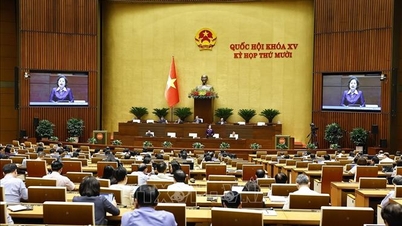
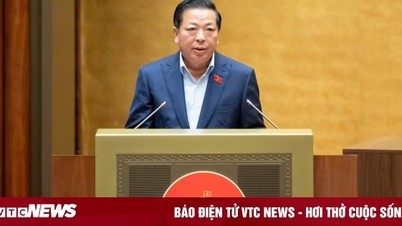



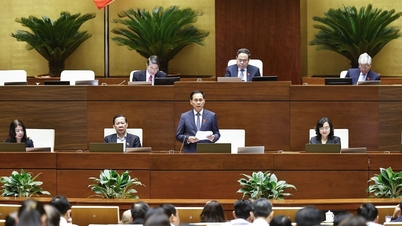
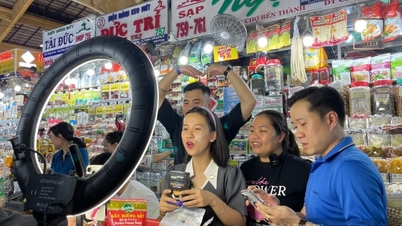



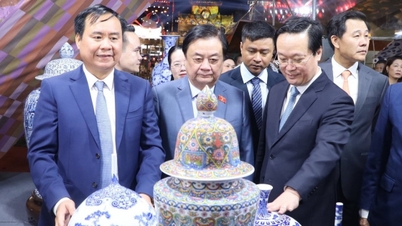


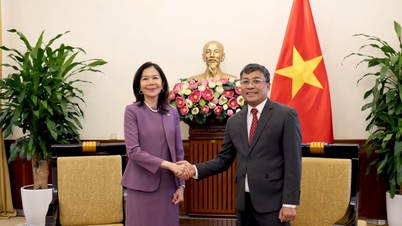

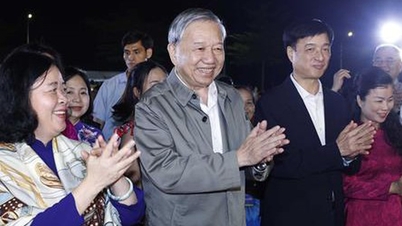

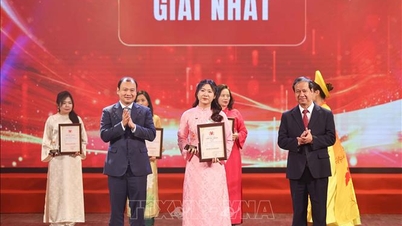





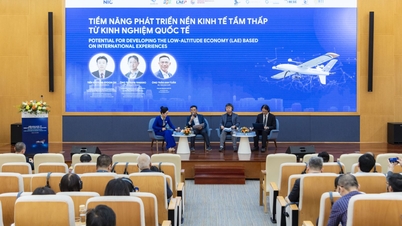
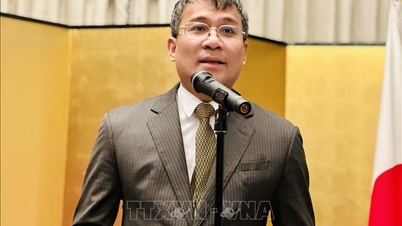

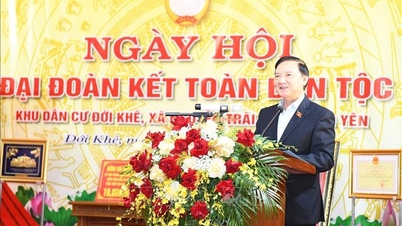
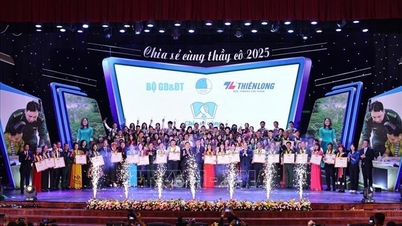

![[Photo] Special class in Tra Linh](https://vphoto.vietnam.vn/thumb/1200x675/vietnam/resource/IMAGE/2025/11/14/1763078485441_ndo_br_lop-hoc-7-jpg.webp)











































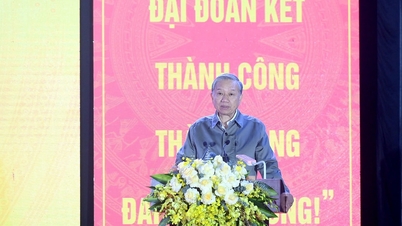



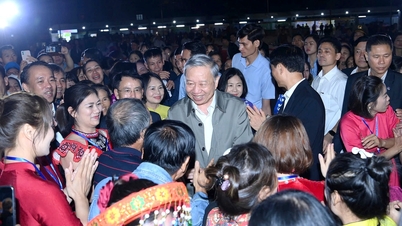
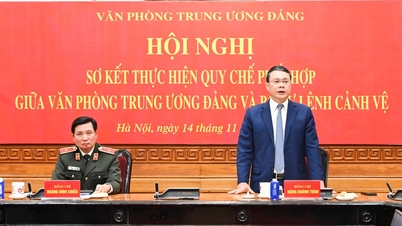




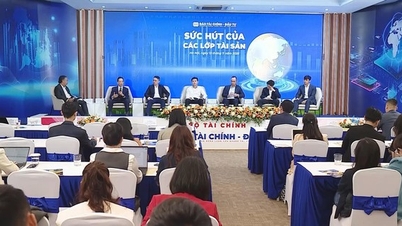
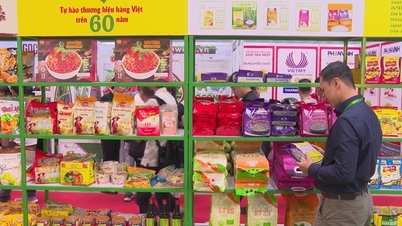


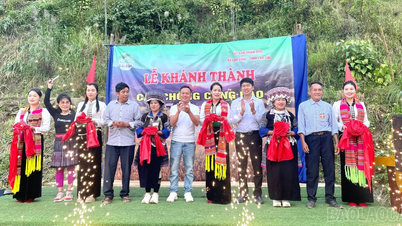

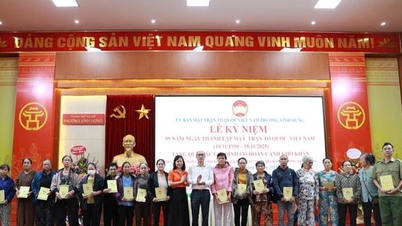












Comment (0)